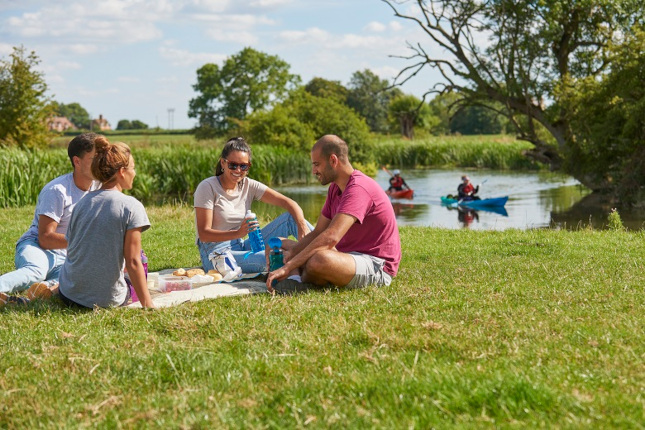Supporting the UN Sustainable Development Goals
The United Nations Sustainable Development Goals (SDGs) have been developed to make the world more sustainable by 2030. They address challenges such as:
- Poverty
- Inequality
- Climate
- Environmental degradation
- Prosperity
- Peace
- Justice
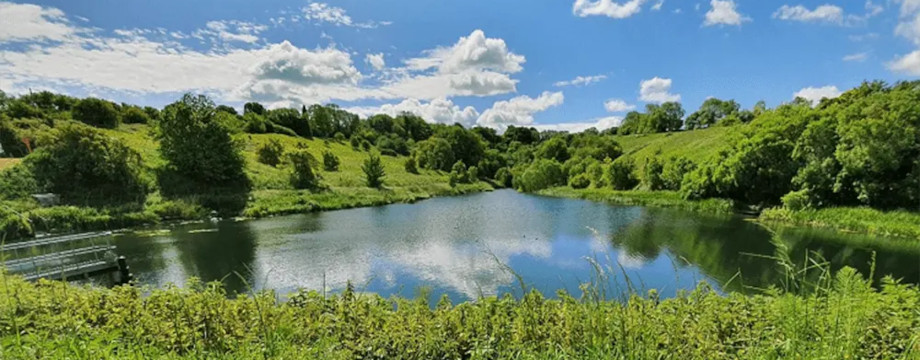
This can only be achieved if everyone works together. The United Nations has produced 17 SDGs and 169 targets. They describe the road map of ambitions to build a more sustainable future by 2030. Supporting the SDGs isn't an additional task for our business. It's part of what we do every day to deliver life’s essential service. This is so our customers, communities, and the environment can thrive. We fully support the aspiration of all 17 goals. But, there are six specific goals where we believe we can make a real contribution.
Six goals we're contributing towards
Clean water and sanitation - Goal 6
Providing clean and safe water and sanitation to 16 million customers. That's almost 25 percent of the UK population. We do this 24 hours a day, 7 days a week, 365 days a year. Every day we supply 2.5 billion litres of drinking water and treat around 4.6 billion litres of sewage.
We're working alongside Water Resources South East. Together we're helping to produce a multi-sector regional resilience plan. Our partnerships also include WaterAid. We're helping to deliver its vision of a world where everyone, everywhere, has access to safe water and sanitation.
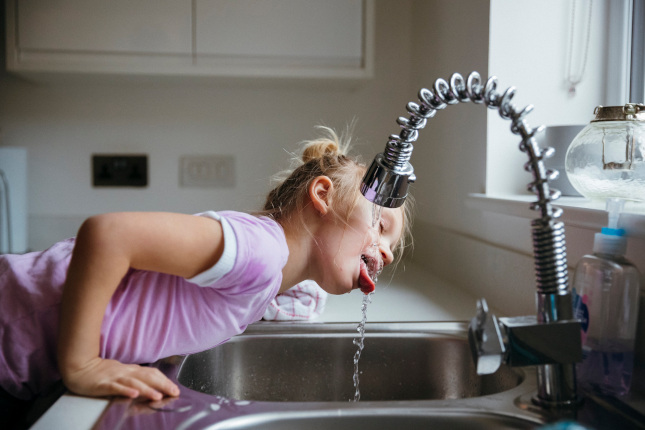
Affordable and clean energy - Goal 7
We’re working to increase the amount of renewable energy we generate. We're also helping to increase the share of renewable energy in the UK and global mix. In 2023/24, we generated over 21.1% of our own electricity needs from renewable sources. We have two wind turbines at sites in east London. We also have solar panels at over 40 other sites. This includes Europe’s largest floating solar panel array at our Queen Elizabeth II Reservoir.
Self-generating our renewable energy reduces our greenhouse gas emissions and grid electricity costs. In 2023, we completed our newest biomethane plant at Mogden. It will export biomethane into the gas grid as a substitute for fossil fuel natural gas. This is equivalent to providing the heating and cooking requirements of over 4,000 homes.
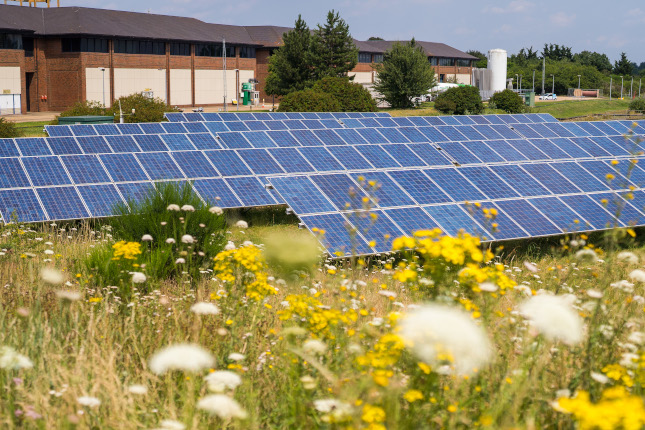
Reduced inequalities - Goal 10
As a business, we seek to increase the diversity of our workforce at all levels across the business. We also aim to improve the percentage of employees promoting Thames Water as an inclusive great place to work. We acknowledge and celebrate the diversity of backgrounds and beliefs. In doing so, we can enhance our ability to serve customers and support each other.
We create a nurturing and respectful work environment that values and celebrates individuals. As a business, we seek to foster collaboration. Enhance employee satisfaction, provide exceptional customer services and attract top talent.
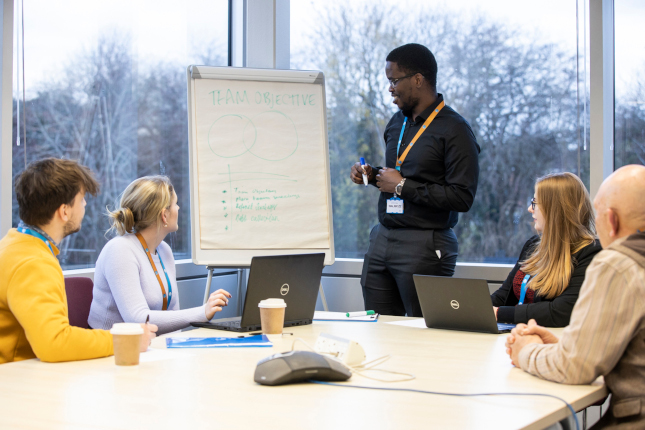
Responsible consumption and production - Goal 12
We’re working to become more efficient, reduce waste, and increase how much we recycle and re-use.100 percent of sewage sludge is put to beneficial use. Treated sludge is applied as fertiliser or in land restoration/reclamation. We also help our customers save water and energy through:
- Smarter home and business visits
- Water efficiency incentive
- Water saving calculator
- Smart meter rollout
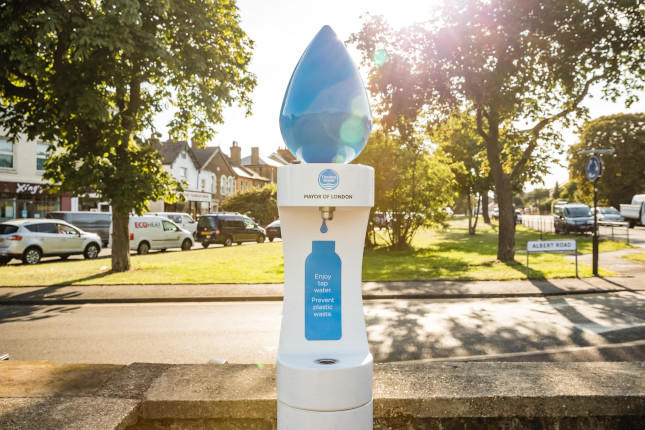
We’re committed to helping eliminate all avoidable plastic waste no later than 2042. To do this, we're reducing our reliance on single-use plastic and promoting tap water. This is instead of using water bottled in single-use plastics. We have installed over 100 drinking water fountains across the capital. This is in partnership with the Mayor of London.
Climate action - Goal 13
We’re working to increase our understanding of and capability for climate change. In November 2024 we published our Adaptation Reporting Power 4 (ARP4). The report to the Government details our response and understanding to climate change.
The impacts of climate change we know we cannot manage on our own. We're taking meaningful steps to address climate change challenges by collaborating with:
- Defra
- Regulators
- Environmental groups
- Our customers
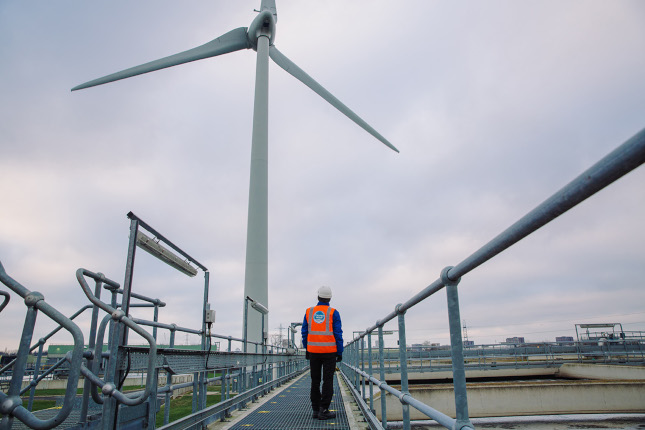
Together we can help build a climate-resilient and more water-sustainable future. We'll also be helping to protect the environment and our water supply for generations to come.
In 2023/24, our net operational emissions (Market-based) were 350.4 ktCO2e. We used 100% renewable electricity. We also generated 27.3%of the energy we consume renewably. We'll be developing our plan over the next few years to achieve net zero. We believe it's important to set our sights high to help keep global warming below 1.5°C.
Life on land - Goal 15
Our rivers are experiencing a range of pressures impacting their health. We recognise we have a leading role to play in restoring them. We believe the best way to improve the health of rivers is through working in partnership.
In 2020 we developed a methodology to put our aspirations into practice. This is named Smarter Water Catchments. It uses an evidence-based approach to identify the most appropriate course of action. This is through data collection, monitoring and analysis working in a unified way. With a diverse set of committed stakeholders, it aims to deliver catchment-wide solutions.
We identified three trial catchments; River Chess, River Crane and River Evenlode. They are representative of the varying challenges found across our region. We have identified a set of key themes for each catchment and developed a 10-year action plan. We are working together to achieve.
